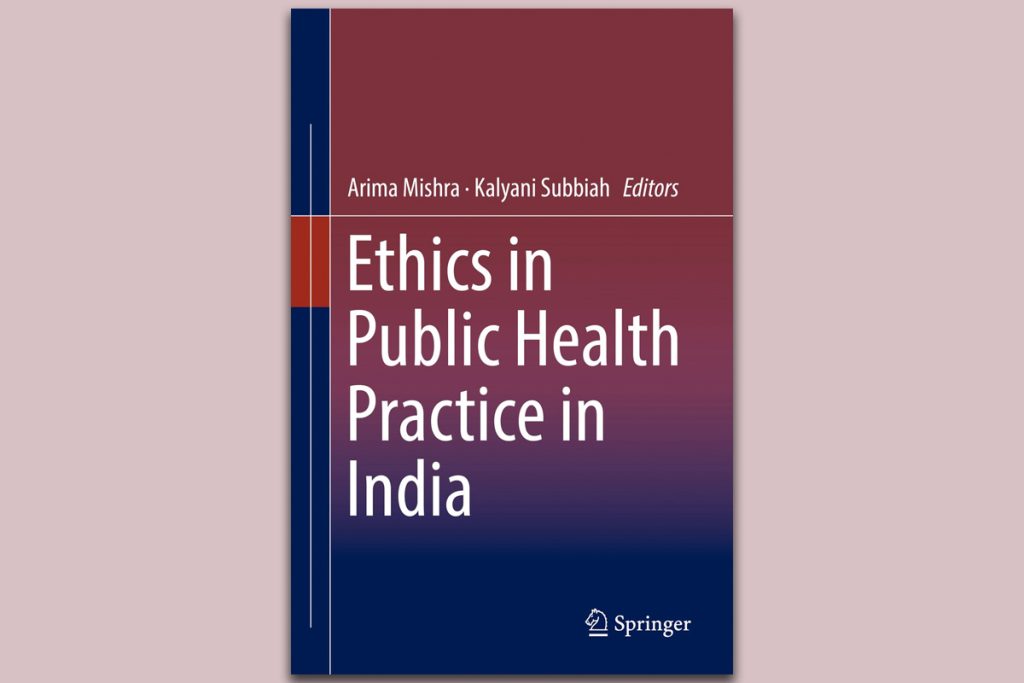
Sarojini Nadimpally and Deepa Venkatachalam
This article is part of the edited volume titled Ethics in Public Health Practice in India, edited by Arima Mishra and Kalyani Subbiah, and published by Springer Singapore in 2018.
Abstract
This chapter seeks to contextualize Sama’s work on assisted reproductive technologies and commercial surrogacy from a bioethical framework. It discusses several ethical issues that are implicated in this burgeoning industry, the foremost being the stigmatization of childlessness and essentialization of motherhood that push women particularly to access ARTs (Assisted Reproductive Technologies). Secondly, even when regulation was initiated, many countries including India adopt a discriminatory approach to exclude LGBTI people from accessing these technologies and limit them within heteronormative marriage. Thirdly, the use of donor gametes extracted from others and surrogate mothers bearing a pregnancy and contractually relinquishing the child upon birth (with or without a commercial transaction) raises ethical concerns about the commodification and instrumental use of the body and its parts within the ART industry. Fourthly, there remain ethical questions on trade in biological materials that are “leftover” or “surplus”, particularly embryos, and what can be the ethical parameters within which they can be used for further research and experimentation. An understanding of commercial surrogacy in India would be incomplete without discussing what the lack of regulation with regard to the practice of surrogacy has meant for the various actors of this mushrooming industry.



